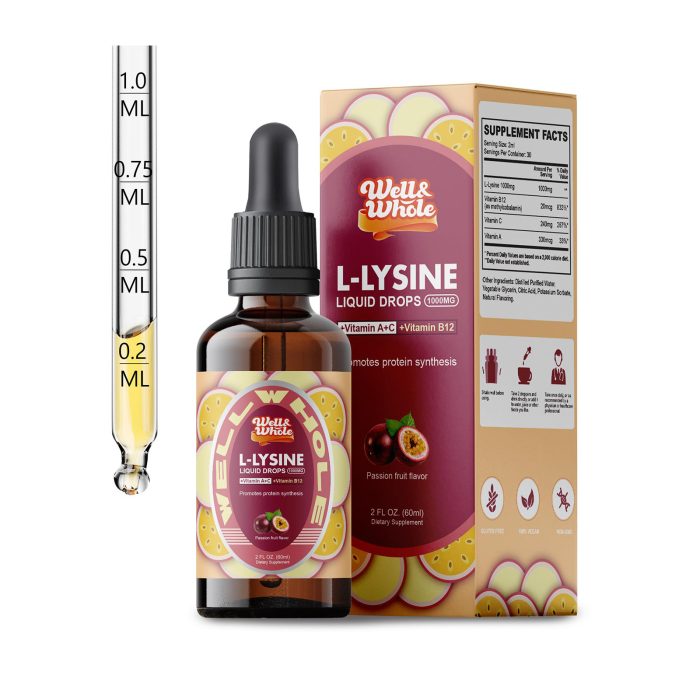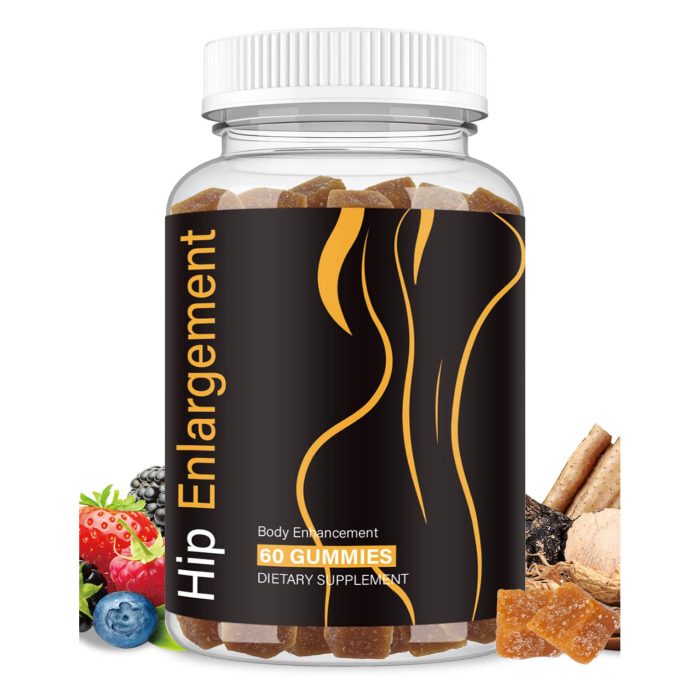Can You Take Glutathione with Other Supplements? A Comprehensive Guide
In the world of health and wellness, glutathione has emerged as a powerful antioxidant that is often hailed for its potential to boost immune function, reduce oxidative stress, and enhance overall health. However, many individuals wonder whether it is safe to take glutathione alongside other supplements. This article aims to shed light on this topic, providing valuable insights into the compatibility of glutathione with other supplements.
Understanding Glutathione
Before delving into its compatibility with other supplements, it’s essential to understand what glutathione is. Glutathione is a tripeptide composed of three amino acids: cysteine, glycine, and glutamic acid. It is naturally produced in the body and plays a crucial role in detoxification, immune function, and the prevention of cellular damage caused by free radicals.
Can Glutathione Be Taken with Other Supplements?
The short answer is yes, glutathione can generally be taken with other supplements. However, it’s important to consider the specific supplements you are taking and their potential interactions. Here are some key points to consider:
-
Vitamin C: Vitamin C is known to enhance the absorption of glutathione. In fact, some studies suggest that vitamin C can help recycle glutathione, making it more effective. Therefore, taking vitamin C alongside glutathione can be beneficial.
-
Zinc: Zinc is another supplement that can enhance the efficacy of glutathione. Zinc plays a crucial role in immune function and antioxidant defense, making it a complementary addition to glutathione supplementation.
-
N-Acetyl Cysteine (NAC): NAC is a precursor to glutathione and can help increase its levels in the body. By providing the necessary building blocks for glutathione synthesis, NAC can enhance the benefits of taking glutathione supplements.
-
Potential Interactions to Be Aware Of
While many supplements can be taken alongside glutathione without issue, there are a few that may interact negatively:
-
Antioxidants: Some antioxidants, such as vitamin E and selenium, can potentially reduce the effectiveness of glutathione. This is because they may compete with glutathione for the same receptors or enzymes in the body. It’s best to consult with a healthcare professional before combining these supplements.
- Chemotherapy Drugs: Glutathione can influence the metabolism of certain chemotherapy drugs, potentially reducing their effectiveness. If you are undergoing chemotherapy, it’s crucial to discuss any supplement use with your oncologist.
Conclusion
In conclusion, glutathione can generally be taken with other supplements without any significant concerns. However, it’s important to be aware of potential interactions, particularly with antioxidants and chemotherapy drugs. Always consult with a healthcare professional before starting any new supplement regimen to ensure safety and maximize benefits.
Key Takeaways:
- Glutathione is a powerful antioxidant with numerous health benefits.
- It can be taken with many supplements, such as vitamin C, zinc, and NAC, to enhance its efficacy.
- Potential interactions with antioxidants and chemotherapy drugs should be considered.
- Consult with a healthcare professional before combining supplements.
By understanding the compatibility of glutathione with other supplements, you can make informed decisions to support your health and well-being.








